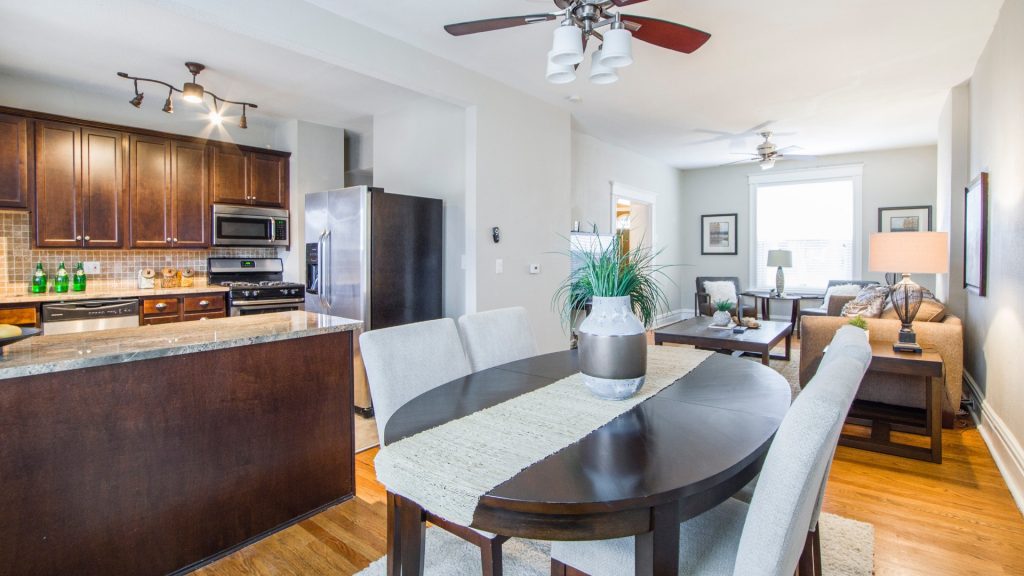If you are getting ready to remodel your Maryland or Washington, DC, home, it’s essential to find out what you’re getting into before you begin. When you know exactly what to expect, that there won’t be any costly surprises along the way.
Preliminary Assessment
When we are asked to do a major renovation, we always recommend doing a preliminary design and assessment of the whole house. Some of the things we look at are the bones of the house, the structure, and the pipes inside the home. We also look at the HVAC, in terms of how big the system is, how old it is, and whether the wiring is sound.
Even the lot that the home is on can have constraints of its own. For example, if the homeowner wants to put an addition onto the back of the house, the first thing we need to look at is the building restriction line. At the very least, we need to determine whether there are any restrictions in the neighborhood that will prevent us from doing certain things to the exterior of the home.
If there are obstacles like this, you might not be able to accomplish the work the way you envision it. At this point, we would try to scale back to something smaller.
If that’s not an option, it might be time to start looking for another house; one that’s either large enough or that could be remodeled to meet your needs.
All of these things are covered during the initial assessment.
Cost vs. Benefit
When we start looking at the bones of the house—the piping, the HVAC, and structure—we often find that the costs outweigh the benefits of building new or even remodeling a newer home.
If it’s not an absolute necessity to stay in the same neighborhood, then we usually recommend looking for houses that we could renovate to meet your needs. Perhaps we can find a building lot that maybe we could start from the ground up. In many cases, this approach would potentially be less expensive than renovating.
 Location, Location, Location
Location, Location, Location
If the building restriction line doesn’t allow us to go out far enough, a lot of times, the rooms that we’re trying to add onto the house won’t be large enough. We can’t make them any larger because of the building restriction lines, so it really creates a design problem. This may, in the end, affect the size of the bedrooms, the master bedroom and bathroom, and the kitchen and family room. If this is the case, we would have to come inside and start rearranging the existing house to make the kitchen more functional for the family. Same goes for the family room.
At this point, we are taking away from other parts of the house. The dining room, for example, might actually end up being a little bit smaller so that the family room, where they spend more time, can be a little larger.
We have worked with several homeowners in the past where it quickly became apparent that not only the cost but also the logistics of the project was not going to work. It made more sense to see if we could find a house that was more suitable for them or find a lot where we can build them something from the ground up.
Most of the time, however, people either end up doing something that’s not exactly what they wanted to do, or they end up doing nothing at all because they’re not getting exactly what they want. If the location is more important to them than the result itself, this could be the outcome.
Bottom Line
If you are trying to decide whether it is worthwhile to remodel your home, you need to look at several factors. First and foremost, you should determine whether the work you want to be done is within your budget. If there are any obstacles in your way in terms of obtaining permits, or meeting neighborhood regulations, you might face an uphill battle.
Second, do you plan on staying in the home for five years or more? Or is the goal to sell the home and move on? Knowing the answers to these questions will generally give you the answers you need to either move forward or choose another path.
Ultimately, the value of your remodel should align with what you’re getting out of it, and that is something only you can answer. Of course, we are always here to help you figure that out. Reach out today to learn more about how we can help.





